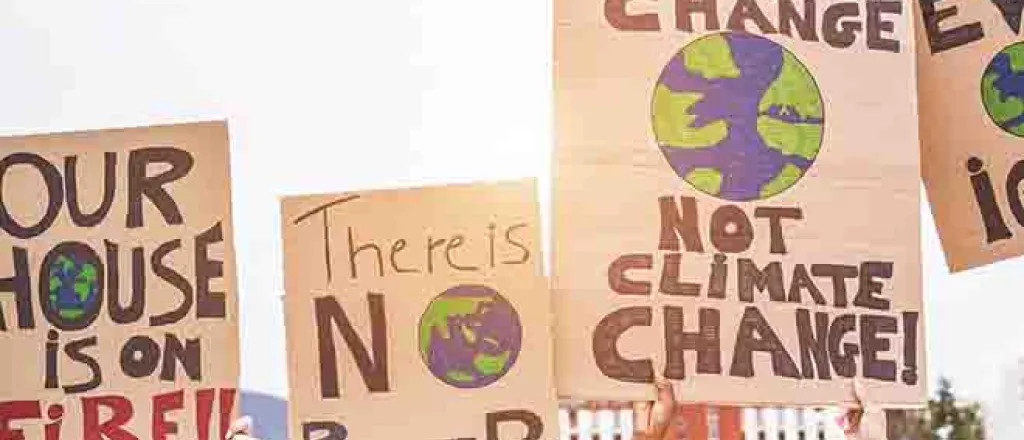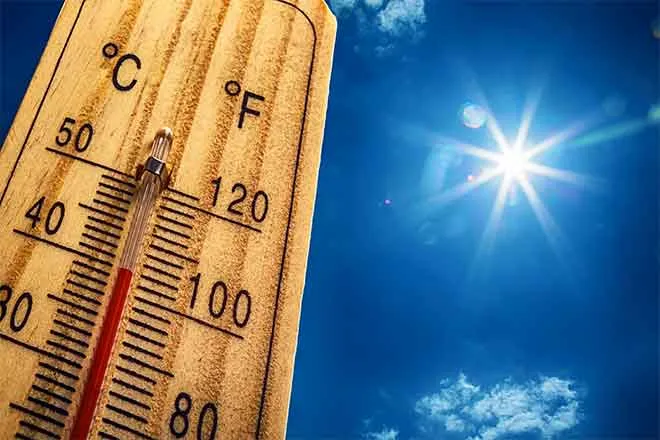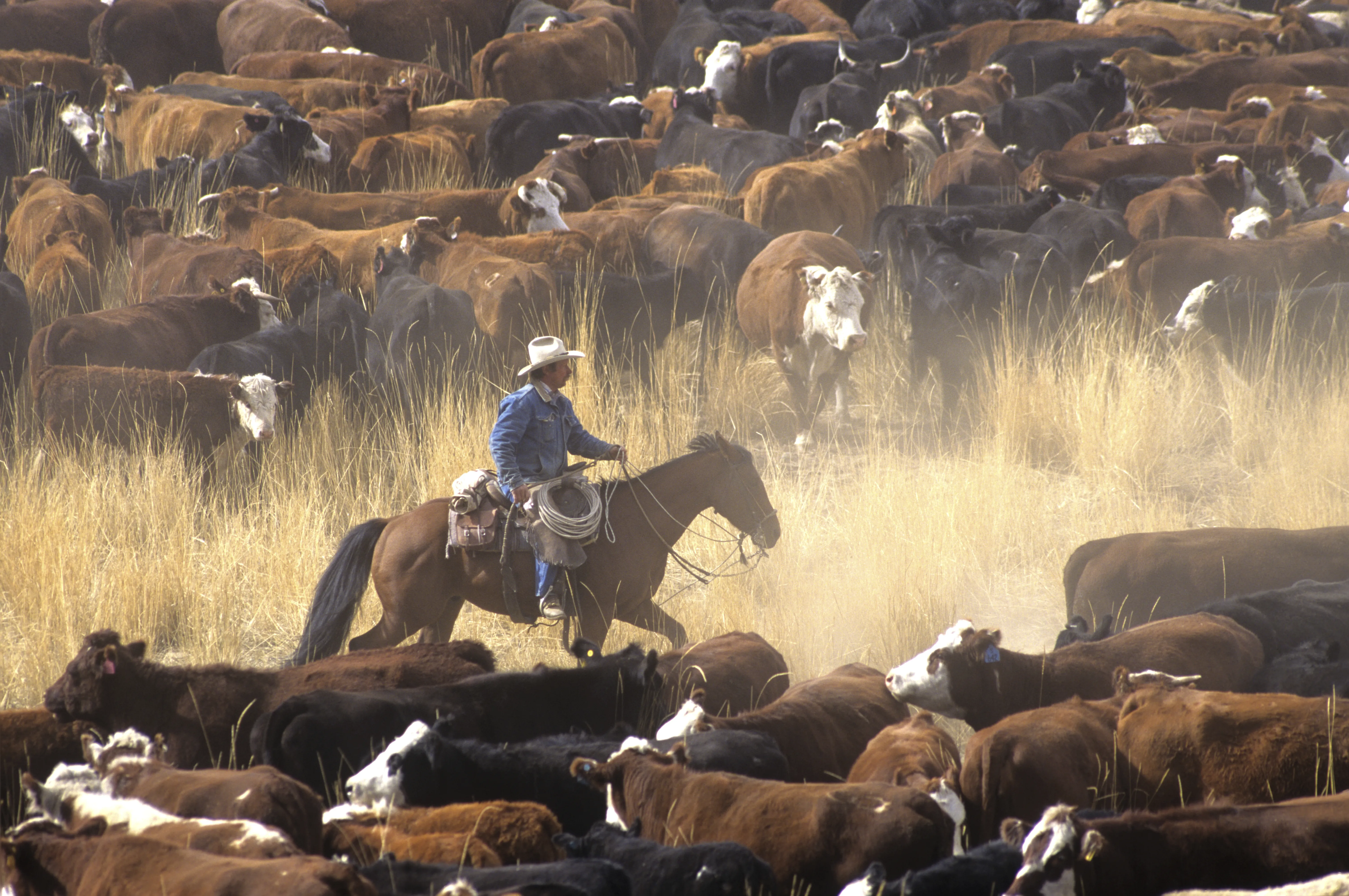
Nevada advocates demand Congress address climate change
Click play to listen to this article.
Nevada climate advocates say the impacts of climate change are only getting worse in the Silver State. They're now demanding Congress make it a priority and address what they call a dire situation.
Representative Dina Titus, D-Las Vegas, introduced the Extreme Weather and Heat Response Modernization Act earlier this year and said it will provide the Federal Emergency Management Agency the "flexibility" to expand mitigation measures against extreme heat, which includes cooling centers. The legislation has made it out of the House Transportation and Infrastructure Subcommittee with bipartisan support. Titus said if it doesn't pass this term, she vows it'll be one of the first pieces of legislation she will introduce in the upcoming session. Titus says extreme heat and drought go hand in hand.

"The Colorado River contributes greatly to our economy; $104 trillion is the annual economic activity that comes from things that relate to the Colorado River," Titus said. "It sustains 16 million jobs throughout the seven states that are part of the Colorado River Basin," she explained.
Titus contends that keeping the river and Lake Mead sound will be a positive for tourism, jobs and agriculture in Nevada and throughout the Western U.S. This week the U.S. House passed the Water Resources Development Act which Titus says includes provisions that will help sustain water resources in Nevada. The bill faced little opposition and now heads to the Senate, before being sent to the president.
Roberto Renteria, a member of the nonprofit Make the Road Nevada, said this year the Silver State endured increased extreme weather events such as record-breaking wildfires and relentless heat waves, making it difficult for folks to endure.
"These are not climactic events, they are urgent calls for action. The wildfires have burned more than 58,000 acres in our state, putting at risk our communities, wildlife and economic vitality," he said.
Renteria added the extreme heat simply cannot be ignored and contends the public health crisis disproportionately impacts those who work outside as well as those with low socio-economic status.















